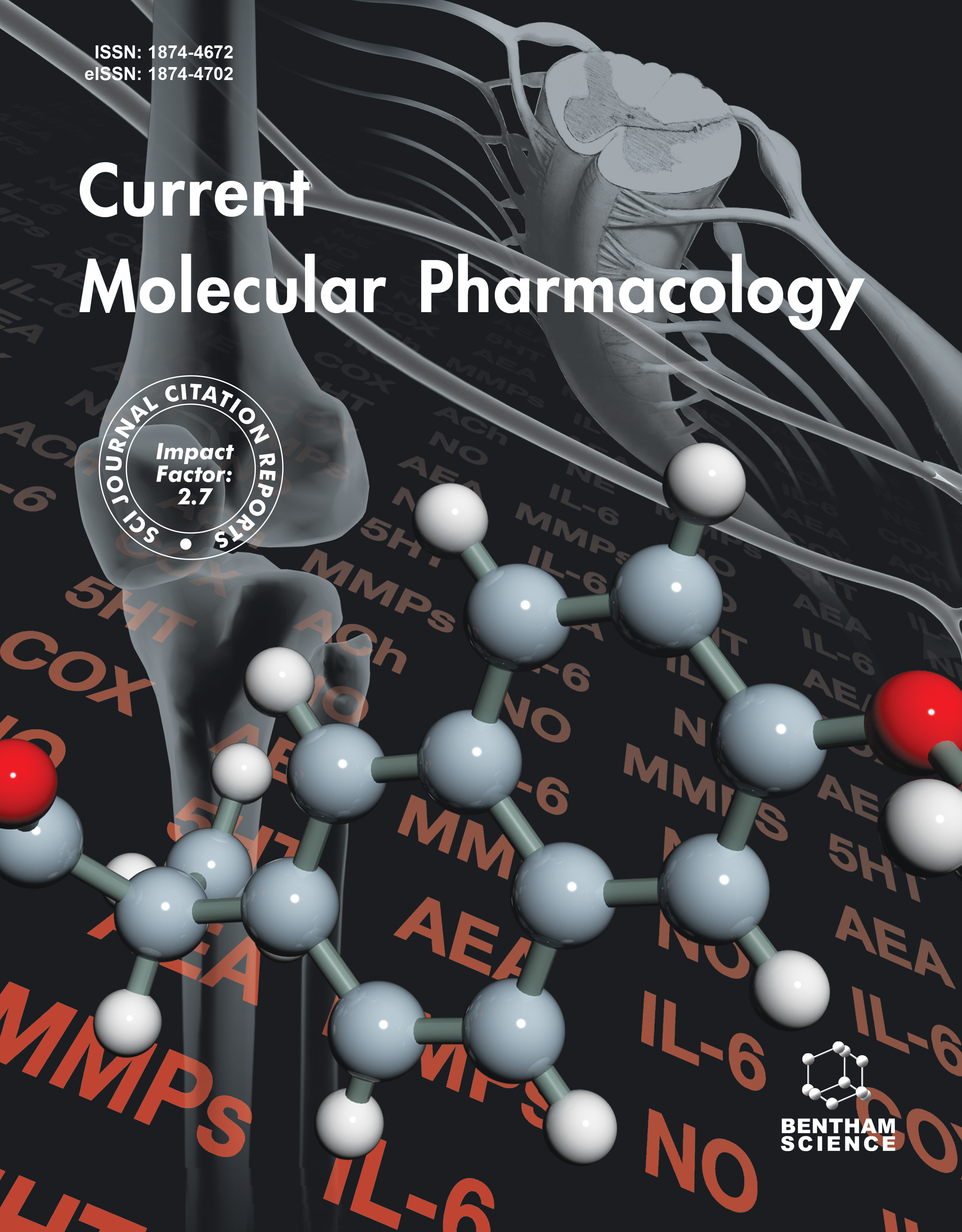-
oa IMPDH2 Positively Impacts the Proliferation Potential of Hepatoblastoma Cells by Activating JunB Signaling Pathway
- Source: Current Molecular Pharmacology, Volume 17, Issue 1, Jan 2024, e18761429257350
-
- 05 Jun 2023
- 17 Oct 2023
- 20 Feb 2024
Abstract
Amplification of inosine monophosphate dehydrogenase II, EC 1,1,1,205 (IMPDH2) has been reported in various cancers, which results in transformation and tumorigenicity. In our current work, we have explored the oncogenic properties and the underlying pathophysiology of IMPDH2 in hepatoblastoma (HB).
To investigate IMPDH2 expression in HB tissues and prognostic significance in HB patients, gene expression profiling interactive analysis (GEPIA) has been adopted. Immunohistochemistry has also helped to validate the protein expression of IMPDH2 in HB tissues. The effect of IMPDH2 overexpression or depletion on the proliferation of Hepatoblastoma cells in vitro has been evaluated by CCK8 assays and colony formation assays. Xenograft tumor growth of mice has been detected. Luciferase reporter assays have been conducted to determine the interaction of IMPDH2 and JunB, which was further asserted by pharmacological inhibition of JunB.
IMPDH2 was highly expressed in HB tissues. Experimentally, the proliferation and colony formation of HuH6 cells were increased by IMPDH2 overexpression. Conversely, genetic inactivation of IMPDH2 impaired the proliferative efficiency and colony-forming rate of HepG2 cells. Besides, the luciferase reporter assay validated IMPDH2 overexpression to be associated with enhanced JunB transcriptional activity, while its activity was diminished in the case of IMPDH2 depletion. JunB inhibitor neutralized the IMPDH2-mediated increased phosphorylation of JunB.
Our findings, thus, suggest that IMPDH2 exhibits its oncogenic role in HB partially via JunB-dependent proliferation.


